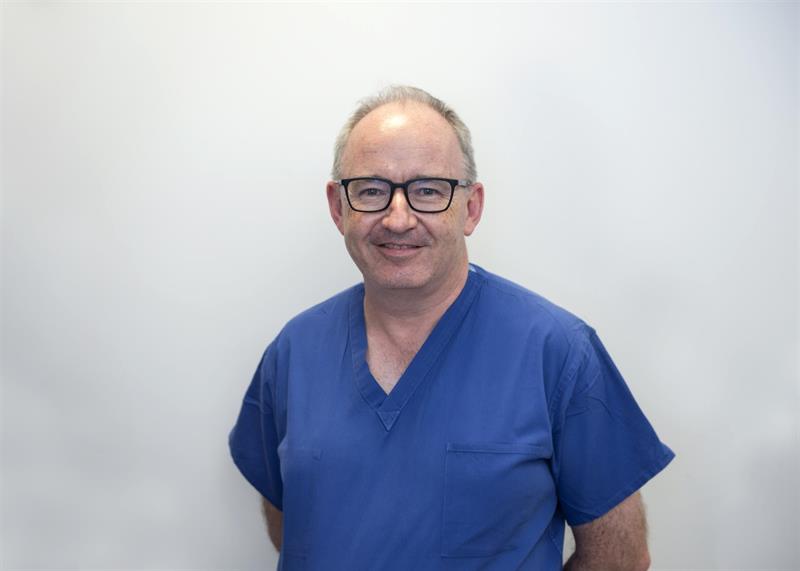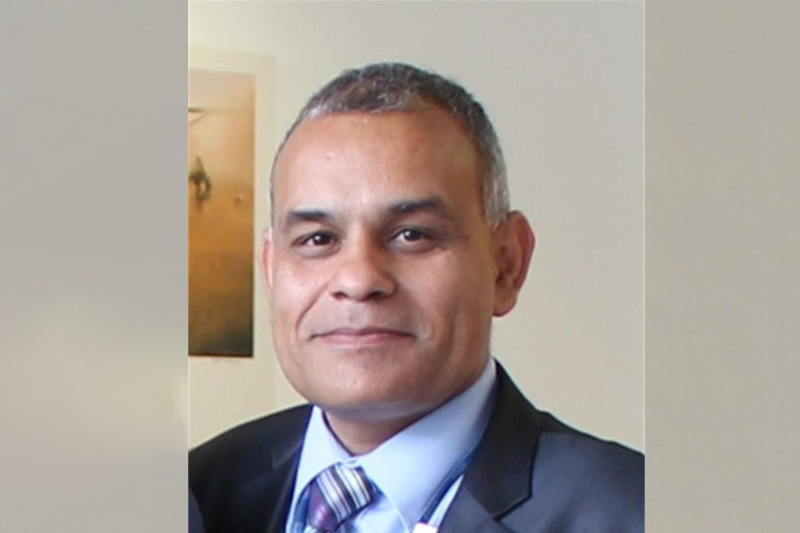Pain medicine
Service contact information
Service detail
The Walton Centre is internationally famous for treating patients with chronic pain.
Everyone has experienced pain, we associate it with damage to our body, expect it to get better once healing has occurred. We call pain which gets better with healing ‘acute pain’.
Chronic pain lasts longer than the normal healing process and is still present three months after an injury or illness. Chronic pain can cause disability and depression and has a major impact on the sufferer’s life. An estimated seven per cent of people in the UK have chronic pain.
Chronic pain medicine has developed as a speciality over the past 50 years. The Walton Centre has been at the forefront in the battle against chronic pain since the 1960s, and is recognised for its expertise, both nationally and internationally.
Our aim is to use specialist techniques to cure or ease the pain. In addition we help people come to terms with chronic pain and improve their quality of life on our Pain Management Programme (PMP) which is the largest and longest running PMP in the UK.
We are the regional centre for pain medicine, and a tertiary referral centre. The Walton Pain Clinic has a well-established pain management programme, a neuromodulation service including spinal cord stimulation, a neuropathic pain service, opioid clinic, and a joint service with the local hospice for cancer related pain. One of the operating theatres is designated for pain procedures and is fully equipped with a portable image intensifier with DSA, ultrasound machine dedicated for pain procedures, RF lesion generators, and various neurostimulators are kept in stock. Outpatient clinics are held within the centre.
A variety of regional joint clinics take place for pelvic pain, CRPS, cancer pain, axial spine pain, complex facial pain, neuromodulation, fast track sciatica service, and the regional opioid clinic for chronic non-cancer pain patients. We also run a Capsaicin service.
There are six pain medicine consultants (one Senior Lecturer), and there is a second senior lecturer with a background in neurophysiology. Two functional neurosurgical consultants have a special interest in neurosurgery for pain management. The unit also has seven pain specialist clinical psychologists. The multidisciplinary team is supported by pain nurses, specialist pain occupational therapists and pain physiotherapists.
Referral information
The Walton Centre is a tertiary referral centre, meaning that patients are assessed and treated once a referral from your GP or clinician has been received and accepted. You may have already seen a pain specialist and be referred here for a specific reason. Conditions and reasons patients are referred to The Walton Centre include: complex cancer pain, neuromodulation, failed back surgery syndrome (FBSS), complex regional pain syndrome (CRPS), trigeminal neuralgia, complex facial pain, complex neuropathic pain complex opiod management, pain management programme assessment, second opinions, localised low back pain, localised neck pain, acute radicular lower limb pain, acute upper limb radicular pain, pelvic pain, spontaneous intracranial hypotension (internal pathway) and chronic widespread pain (if referred by rheumatology/GP).
Patient leaflets

Acupuncture Treatment
Acupuncture has been used to treat many medical conditions, and it can be particularly useful for the treatment of pain.

Caudal Epidural Injection
An Epidural Injection is the name given to an injection into the epidural space.

Dorsal root ganglion block
The dorsal root ganglion is nerve root which exits your spinal cord. It is located in a small area in your spine.

Ilioinguinal Nerve Block
This injection can be helpful in reducing pain in the groin area. The main reason for doing this block is to reduce pain.

Intrathecal Phenol or Alcohol Injection for Cancer Pain
Intrathecal phenol or alcohol injection is a nerve block.

Lumbar sympathetic block
A sympathetic nerve block involves injecting medicine around the sympathetic nerves in your lower back. By doing this, the sympathetic system is temporarily blocked in the hope of reducing or eliminating pain.

Oral Ketamine
Ketamine is an anaesthetic medication which is sometimes used to help control pain which has not responded to standard treatment.

Tapentadol For Chronic Pain
Tapentadol is a strong pain killer and it is classed as an opioid. Other types of opioid include morphine, oxycodone, methadone and buprenorphine.

Transcranial magnetic stimulation (TMS) for chronic pain
Transcranial magnetic stimulation for chronic pain

Ways to cope with reducing opioid medication
You have been given this leaflet because your clinician has recommended that you reduce or even stop your current opioid prescription. This leaflet aims to support and provide you with more information about managing a reduction and acknowledges some of the difficulties that you may experience. ‘Opioids’ refer to all medications that contain morphine or codeine derived from the poppy plant or synthetic types of medication that work in a similar way such as, dihydrocodeine, oxycodone or fentanyl.
Pain medicine Consultants

Dr Bernhard Frank
Dr Bernhard Frank is a Consultant in pain medicine at The Walton Centre, also holding the roles of clinical lead for neuropathic pain and opioid management for chronic non-cancer pain. He is an honorary senior clinical lecturer in pain medicine at the University of Liverpool.

Dr Andreas Goebel
Dr Andreas Goebel is a Consultant in Pain Medicine at The Walton Centre since 2007.
Dr Manish Gupta
Dr Manish Gupta is a Consultant Anaesthetist with a special interest in Pain Medicine.
Dr John Wiles
Dr John Wiles specialises in pain medicine from an anaesthetic background.

Dr Christopher Whitehead
At The Walton Centre, Dr Whitehead is the Medical Appraisal Lead and the Clinical Director for Pain Medicine.
Dr Richard Berwick
Dr Richard Berwick is a Consultant in Pain Medicine at The Walton Centre.
Related Services
Neuropathic pain (nerve pain)
Neuropathic pain (nerve pain) is a common type of chronic pain. It is caused by nerve disease or nerve damage.
Complex regional pain syndrome (CRPS)
Complex regional pain syndrome, is often difficult to diagnose. Its main feature is persistent pain in an arm or leg, usually after trauma. It is often associated with changes in temperature, swelling and sensitivity.
Facial pain
The Walton Centre has established a multidisciplinary facial pain clinic for patients with difficult-to-treat pain in the face.
Page last updated: 23 June 2021
64
